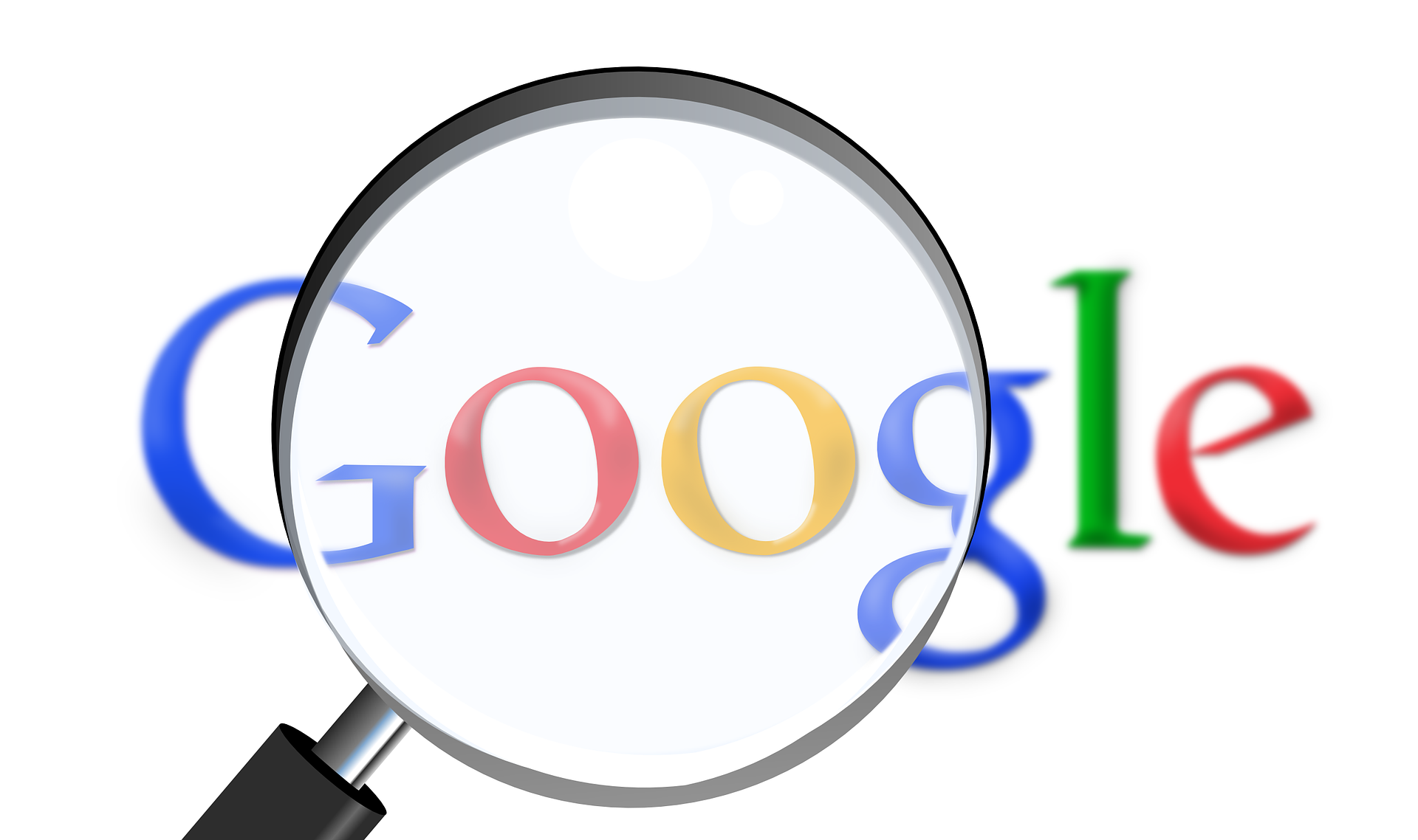
Bezahlte Anzeigen bei Google sind immer weniger von organischen Suchergebnissen zu unterscheiden
28. Juni 2019
Ab 1. Juli 2019 – Mobile First Indexierung neuer Webseiten
1. August 2019Seit Mai 2019 zeigt Google Favicons in den mobilen Suchergebnissen an. Websites mit einem irreführenden Favicon profitieren davon nicht mehr – sie straft Google ab und zeigt nur noch ein Standard-Icon an.
Was sind Favicons?
Ein Favicon ist ein kleines, 16×16 oder 32×32 Pixel großes Symbol, das von Webbrowsern verwendet wird, um eine Website auf wiedererkennbare Weise zu kennzeichnen. Es erscheint unter anderem in der Lesezeichenliste (Favoriten), bei den Registerkarten (Tabs) und unter Windows beim Speichern einer Seite.
Favicons in den mobilen Suchergebnissen
Google hat das Design der mobilen Suchergebnisseite umgestellt. In den Snippets der Suchergebnisse erscheinen nun auch die Favicons der Webseiten. Die kleinen Grafiken werden oben links angezeigt und lassen besser erkennen, von welchem Urheber die Ergebnisse stammen.
Leider wurden Favicons von einigen Webseitenbetreibern missbräuchlich eingesetzt – deswegen zeigt Google für einige Websites nun keine Favicons mehr an. So war zum Beispiel die Webseite eines recht bekannten Online-Marketers mit einem Favicon versehen worden, das der Kennzeichnung von Google Ads entspricht. Danny Sullivan von Google teilte daraufhin per Twitter mit, man werde dagegen vorgehen. Seiten, die gegen die Richtlinien für Favicons verstoßen und nicht angemessen sind, erhalten in der Suche dann nur noch das Standard-Favicon.
Richtlinien für Favicons
Die Richtlinien für Favicons umfassen folgenden Punkte:
- Sowohl das Favicons als auch die die Homepage müssen von Google crawlbar und dürfen nicht blockiert sein.
- Das Favicon sollte ein Abbild der Website-Marke sein, um den Nutzern dabei zu helfen, die Website schnell zu erkennen, wenn sie durch die Suchergebnisse scrollen.
- Das Favicon sollte ein Vielfaches eines 48-Pixel-Quadrats sein, also zum Beispiel 48*48, 96*96 etc. Dabei ist anzumerken, dass SVG-Bilder keine feste Größe haben. Jedes gültige Favicon-Format wird unterstützt. Das Bild wird von Google auf 16*16 Pixel skaliert. Es darf aber kein Favicon in 16*16 bereitgestellt werden.
- Die URL des Favicons sollte sich nicht ändern.
- Google zeigt keine Favicons an, die als nicht angemessen angesehen werden. Dazu gehören zum Beispiel pornografische Darstellungen und Symbole für Hass wie zum Beispiel Hakenkreuze. Wenn ein solcher Inhalt von Google erkannt wird, erfolgt eine Ersetzung durch ein Standard-Favicon.
Missbräuchliche Favicons erkennt Google durch automatische Methoden – aber auch das Feedback der Nutzer wird gewertet. Wer also noch irreführende oder unpassende Favicons verwendet, sollte dies schleunigst ändern.





